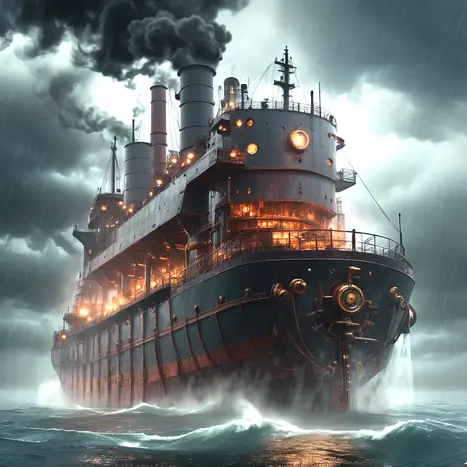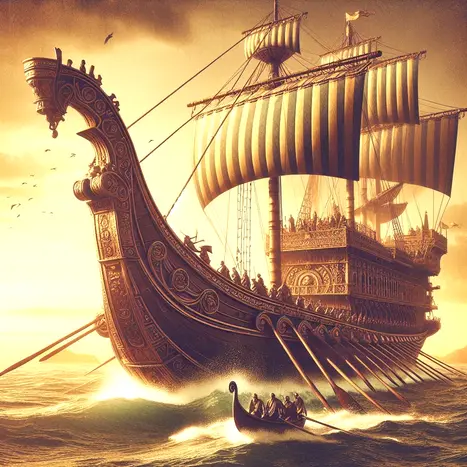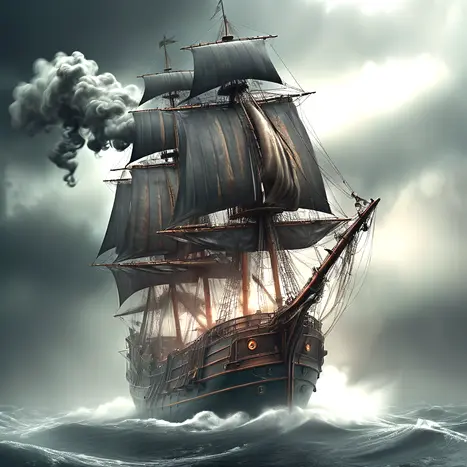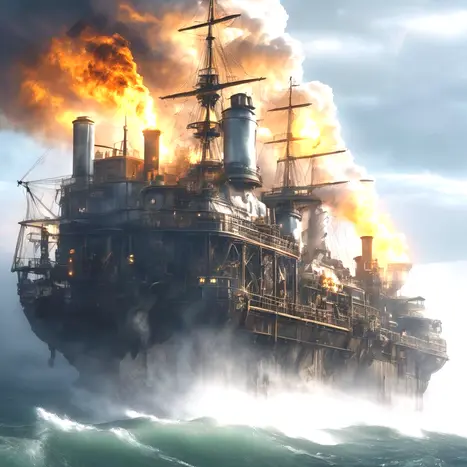
The British Empire was extensive, reaching its peak in the early 20th century. The Empire’s geographical boundaries were so widespread that it was often said, “The sun never sets on the British Empire,” meaning that at any given time, the sun was always shining on at least one of its territories.

"Greenback" is a slang term for the emergency paper currency issued by the U.S. during the American Civil War in the mid-1860s. Its distinctive green ink recognised it. Initially, the notes were used to finance the Civil War and were backed by the government. However, they were not backed by gold or silver, which led to fluctuations in value and inflation.

Discover how Russia received crucial supplies from the U.S. during WWII through the Lend-Lease Program. Despite the Russians later minimising the program's significance, Marshal Georgy Zhukov acknowledged that the materials were crucial to Russia's war effort.

It's handy to know about the history of the African Barbary Coast Slave Trade, especially about the current focus (2024) on the UK-based slave industry and discussions about potential reparations.

Historically, the impact of slavery varied across different societies and cultures, and its abolition was not a swift event but a gradual, complex process, which is still ongoing today. Abolition is a struggle influenced by social, economic, and political factors that continue to shape our world today (2024).

"Slavery was established by decree of Almighty God... it is sanctioned in the Bible, in both Testaments, from Genesis to Revelation... it has existed in all ages, has been found among the people of the highest civilization, and in nations of the highest proficiency in the arts." Jefferson Davis, President of the Confederate States of America.

Today I'm reflecting on the historical significance of two naval disasters: the Battle of Jutland in 1916, WWI, and the sinking of the Lancastria in 1940, WW2. These events occurred twenty-four years apart in June during Churchill's time.

